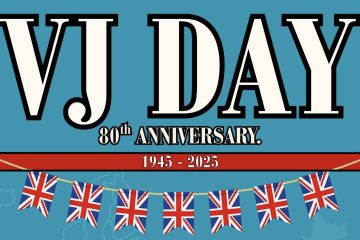Understanding VJ Day: A Reflection on Peace and History
Introduction to VJ Day
Victory over Japan Day, commonly known as VJ Day, holds profound significance in world history as it marks the official end of World War II. Celebrated on September 2, 1945, when Japan signed its surrender, VJ Day symbolises the conclusion of years of conflict and widespread suffering. The events of this day not only reshaped global politics but also had lasting impacts on international relations, societal structures, and individual nations involved in the war.
The Historical Context of VJ Day
Following the dropping of atomic bombs on Hiroshima and Nagasaki in August 1945, Japan faced insurmountable pressure. With the devastation caused by these bombings and the relentless advances of Allied forces, Japanese Emperor Hirohito announced Japan’s unconditional surrender on August 15, 1945, a day that is often celebrated as VJ Day. However, the formal signing of the surrender took place aboard the USS Missouri in Tokyo Bay on September 2, 1945, which solidified the event as a significant milestone in history.
Global Reactions and Celebrations
The announcement of Japan’s surrender sparked widespread celebrations across the globe, particularly in the United States and the United Kingdom. As people rejoiced in the streets, it marked a moment of relief and hope for a future of peace. Parades, fireworks, and gatherings were common, as nations began to recover from the devastating impacts of wartime. Many veterans also reflect on this day as a pivotal moment in their lives, transitioning from the throes of war to a peacetime existence.
Significance of VJ Day Today
In contemporary society, VJ Day continues to be commemorated, reminding us of the lessons learned from history. It is a day to reflect on the sacrifices made by millions and to acknowledge the importance of peace and diplomacy in international relations. Educational institutions often use VJ Day as a topic for discussion, providing insights into the complexities of war, the importance of remembering history, and fostering a culture of peace among nations.
Conclusion: Lessons from VJ Day
As we observe VJ Day, it serves not only as a commemoration of the end of World War II but also as a reminder of the consequences of war and the value of peace. It is an opportunity to reflect on the past and to strengthen commitments towards global cooperation, understanding, and dialogue. The significance of VJ Day extends beyond its historical context, inviting future generations to learn from history and strive for a world where peace prevails.








